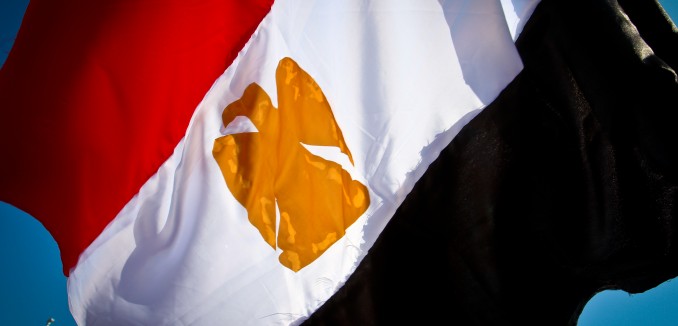In a case that has dragged for years in a trial dubbed as the “trial of the century” by local media, a Cairo court on the weekend acquitted on former President Hosni Mubarak of conspiring to kill protesters during the 2011 uprising that led to his ouster. The Cairo Criminal Court also acquitted the former interior minister and top security chiefs on charges of ordering the killing of protesters during the uprising. Mubarak and his two sons, Alaa and Gamal, were also acquitted on corruption charges related to the allegations of signing an export deal for sales of natural gas to Israel at below-market prices.
Within hours of the court’s decision demonstrators arrived on Tahrir Square in Cairo, the birthplace of the 2011 revolution that toppled the Mubarak regime. Liberal opponents of Mubarak were joined by supporters of the Muslim Brotherhood. Shortly after the arrival of the Islamists, police used water cannon and tear gas, driving the protesters into side streets.
24 hours earlier, on Friday, Egyptian security forces were able to stop the “Islamic revolution” planned by the Salafi activists and supported by the Muslim Brotherhood. This planned wave of protests was designed to attack the regime of President Abdel Fattah el-Sisi and strengthen the worsening position of Islamists in the country.
Hours before these protests, security forces arrested 89 Muslim Brotherhood members for inciting violence. According to the state-run news agency MENA, security forces also defused seven bombs in different governorates around Egypt. Kamal Habib, an expert on Islamist movements talked with the al-Arab newspaper (Arabic link) on the Muslim Brotherhood failures and said:
“This failure indicates the entry of the group to the railway of no return. The people ejected the supporters of the group and are now refusing to their presence after they shed blood and created a feeling of insecurity.”
The past year has witnessed a crackdown on the Muslim Brotherhood, which has been officially declared a terrorist organization by the state. Thousands have been detained and sentenced on charges of being members of the Muslim Brotherhood. Also, there has been a sharp increase in militancy and bomb attacks especially in the Sinai Peninsula, after the ouster of the Muslim Brotherhood government led by former president Mohamed Morsi in July 2013.
Despite its weakness, there is still concern that the Muslim Brotherhood will intensify the protests against the Egyptian government in the coming days. These demonstrations undermine the sense in Egypt and make it difficult for the state to go out on a new path toward a more stable future. The resulting enhanced position of the Islamists also could compromise the historic peace treaty between Egypt and Israel, which contributes to the security of both sides.
[Photo: Asim Bharwani / Flickr]




